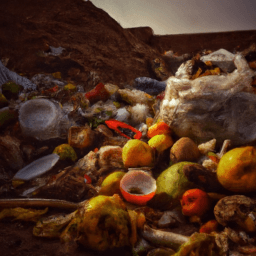332
Newsletter
Subscribe to our newsletter for exclusive content, latest news and trends, and exciting new features.
Tranding
Categories
Gaming and esportsScience and natureEnvironment and sustainabilityHealth and wellnessEntertainmentMusic and EntertainmentSports and fitnessBeauty and personal careTravel and tourism
Food and cookingLifestyleBusiness and entrepreneurshipTechnologyPets and animalsLiterature and writingHome and gardenArts and cultureEducation and learning





















Comments
Leave a Comment